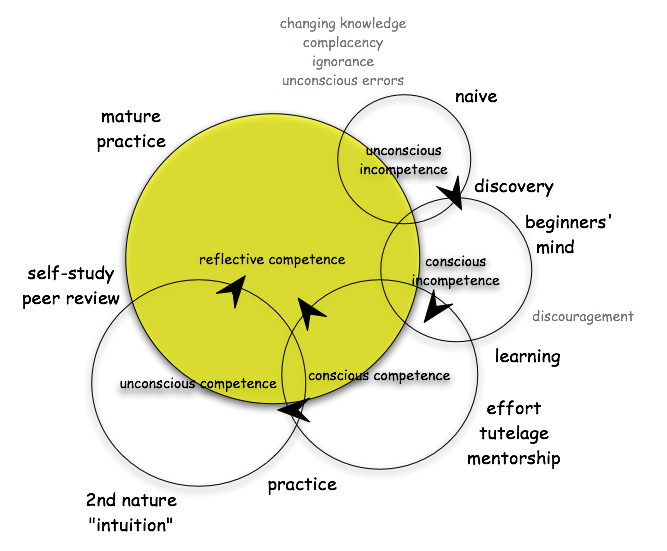Jack started off by telling us that the bank that he was working with, had just announced a reorganization and that the division he had been working in, was going to be sold to another bank. He started preparing his CV, met few headhunters and specifically stated how one headhunter, Gina, was a bit different, in the way she asked questions and discovered more about him, his skills, and his background.
She put him up for an interview with a company, although she felt that he was probably not an exact fit. He goes on to describe the various stages of the interview, the ups and downs, the excitement and the apprehension. Jack then interviews with the Managing Director, and he describes how he articulated to the Managing Director, that he was the right fit for that job. He lets the audience feel every moment of this interview, describing the room, the behaviors of this MD, his own feelings, and he continues to build it up, the audience waiting with abated breadth and thereafter he ends the story on a climax, bringing it all together. His story made us think, care, feel, and emotionally connect with his experience. He took us through the high and low, the action, an element of suspense and overall kept us riveted and engaged throughout.
We are emotional beings and emotion is the critical element that makes information relevant and memorable. Storytelling is an art, science and craftsmanship and it relies on our real life experiences and creative thought processes. Through stories we inform, engage, entertain, convince, add depth to ours and others lives and give meaning to our relationships. A well told story provides the relevant context in our work.
A leader should be and want to be a good story teller. Here is why
1.To Communicate
We are bombarded on a day-to-day basis with never ending flow of information and numbers. Never ending stream of data may be useful but can get boring. Communication happens if it reaches the ears of the listener in the way it was intended. An interesting and well told story is able to capture the attention of the audience, convey the message which reams of data may not be able to. One of the qualities of a great communicator is credibility and connecting with the audience. No one else will be able to tell your story as well as you do because you have experienced it and thus earned the right.
2.To Empower
Story telling not only empowers the story teller but also the audience. By telling a story, the story teller reminds himself or herself of how strong they are and the lessons learnt. The audience listening to the story is empowered to act in the desired manner based on the lesson learnt from others stories.
3.To Inspire
There are many movies based on true stories, and be it in a movie like Race, which is based on the incredible true story of courage, determination, tolerance, and friendship, and an inspiring drama about Jesse Owens fight to become an Olympic legend or Catch me if you can, which is based on a major con artist, Frank Abagnale Jr. who was successful at stealing millions of dollars, acting as a Pan Am pilot, a doctor and a legal prosecutor – all before his 19th birthday. Each of these have a story from which you can be inspired by the grit, determination, the courage, the EQ or IQ of the person whose life, these stories are based on.
4.To Educate
Leaders often need to educate people on policies, procedures and on the way to do things. All of this is necessary and yet you may feel it is mundane and boring. What better way to educate than by way of stories.
Stories not only inspires us but educates us, in that, we can learn lessons based on the theme of the story. Stories enables us to remember and apply the lesson, learnt from others’ lives. “Think before you speak” or “Learn from your mistakes” is great advise to receive and yet one that we hear so often that sometimes we may tend to ignore this advise. When you hear stories from people of the consequences of thinking before speaking, and the lesson learnt, we can remember it because it lands on us well and it educates us.
5.To Reinforce Positive Behaviors
Jack through his story conveyed his confidence, positive attitude and presence of mind to create a positive impression on the managing director of the company with whom he was interviewing. By his narrative, he was able to reinforce to the audience, the positive behaviors of wit, EQ, adaptability and being present.
Story telling is only effective when it is legitimate, when you relive that moment so that you take the audience to that moment and you connect with the story and the audience emotionally.
Stories are great when they are authentic, genuine and based on real events in your life and you need to tell your stories in a way that you evoke the necessary response in your audience and it inspires them.
How are you communicating, inspiring, educating and engaging your audience?
What stories are your telling?
Please feel free to share your thoughts on the Power Of Storytelling.
The narratives that you tell yourself affects and impacts who you are, it drives your self-confidence and it can be damaging too. Please feel free to connect with me for one-on-one coaching, team coaching, facilitation or as a key note speaker.









